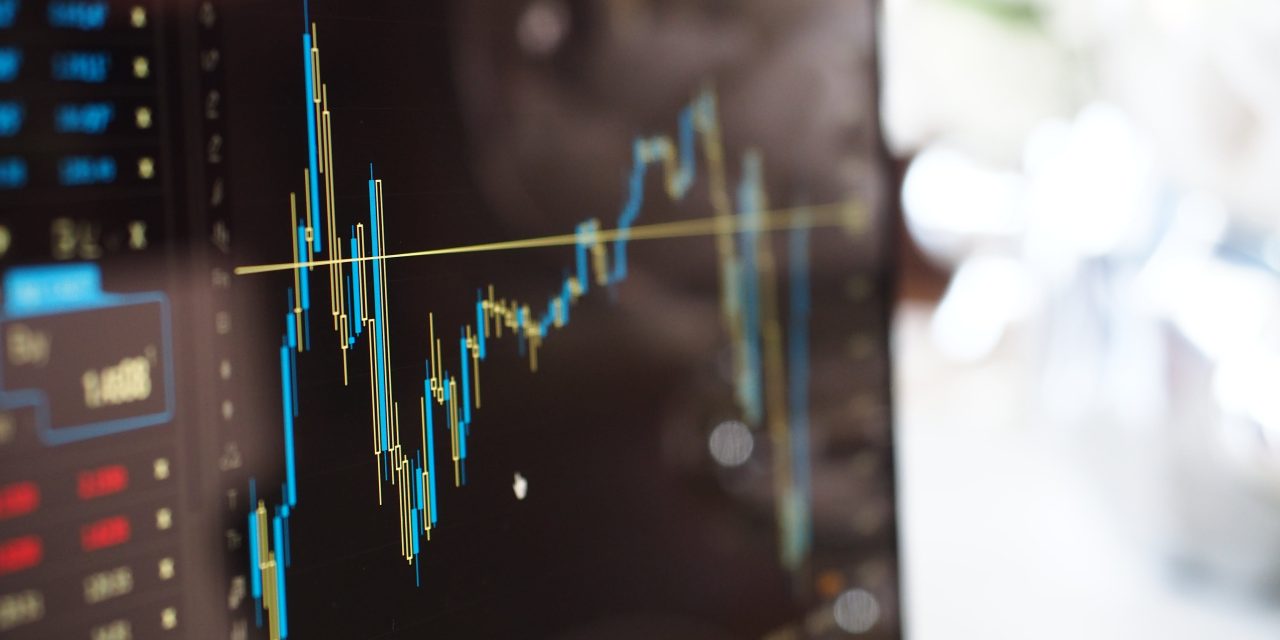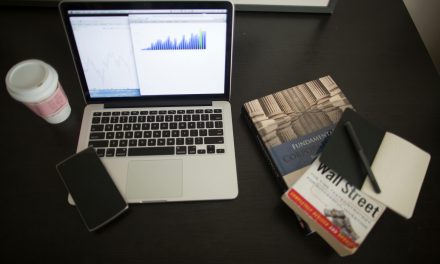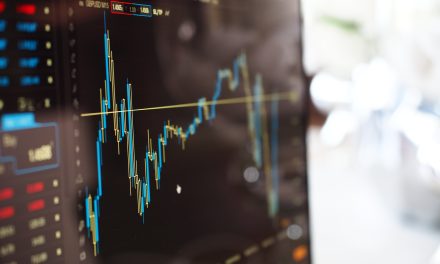Introduction:
In the dynamic world of financial markets, traders employ various strategies to navigate the complexities and achieve consistent profitability. Two predominant methodologies are discretionary trading and systematic trading. Discretionary traders rely on their intuition, experience, and judgment to make real-time decisions, while systematic traders execute a pre-defined set of rules based on historical data and quantitative analysis. Both approaches have their merits and limitations, and finding the right balance between them is crucial to optimize performance in funded trading accounts. In this article, we explore how traders can harmonize these methodologies to gain a competitive edge in the markets.
Understanding Discretionary Trading:
Discretionary trading is an art that revolves around a trader’s ability to interpret market information, including technical indicators, fundamental analysis, and market sentiment. It involves adapting to evolving market conditions and using one’s expertise to make informed decisions on trade entries, exits, and position sizing. Discretionary traders often rely on intuition and experience, allowing them to seize opportunities that may not be apparent through purely systematic strategies.
Pros of Discretionary Trading:
- Adaptability: Discretionary traders can adapt swiftly to sudden market shifts, news events, and changing dynamics, enabling them to capitalize on unique trading opportunities.
- Intuition and Experience: Experienced discretionary traders develop a keen intuition over time, honed by years of observation and practice, which can provide a valuable edge in their decision-making process.
- Complex Strategies: Certain trading approaches, such as high-frequency trading and certain scalping techniques, are better suited to discretionary methods.
Understanding Systematic Trading:
Systematic trading, on the other hand, relies on a well-defined set of rules, algorithms, and quantitative models to execute trades. These strategies are typically based on historical data analysis, backtesting, and optimization to identify patterns and trends that can lead to profitable outcomes.
Pros of Systematic Trading:
- Emotionless Execution: Systematic trading removes emotional biases from the trading process, ensuring consistent execution of the predetermined strategy without being swayed by fear or greed.
- Backtesting and Optimization: Systematic traders can thoroughly test their strategies on historical data, enabling them to refine and optimize their systems for robust performance.
- Reducing Human Errors: As trades are automated based on predefined rules, the risk of human errors is minimized, leading to greater precision and accuracy in trade execution.
Balancing Discretionary and Systematic Approaches:
- Define Clear Trading Rules: Traders looking to combine both approaches must establish clear and well-defined trading rules for both discretionary and systematic strategies. This includes determining when to switch between approaches and how to allocate capital.
- Identify Complementary Strategies: Analyze the strengths and weaknesses of both discretionary and systematic trading methodologies. Identify scenarios where one approach may excel over the other, and plan accordingly.
- Implement Risk Management: Proper risk management is vital for any trading endeavor. Establish risk parameters for each strategy and ensure that the overall risk exposure of the funded account is well-managed.
- Continual Evaluation and Improvement: Regularly assess the performance of both approaches and the overall portfolio. Adapt and refine strategies as market conditions evolve to stay competitive and maximize profitability.
- Diversification: Consider diversifying the trading strategies within each approach to further spread risk and potentially improve returns.
Conclusion:
Incorporating both discretionary and systematic trading approaches in funded accounts can offer traders a powerful toolkit to navigate diverse market conditions. Discretionary trading enables adaptability and intuition, while systematic trading provides precision and discipline. Finding the right balance between the two approaches and combining them thoughtfully can help traders unlock their full potential and achieve long-term success in the financial markets. Remember, the key lies in defining clear strategies, managing risk effectively, and continually improving your trading methodologies to stay ahead in the competitive world of trading.





